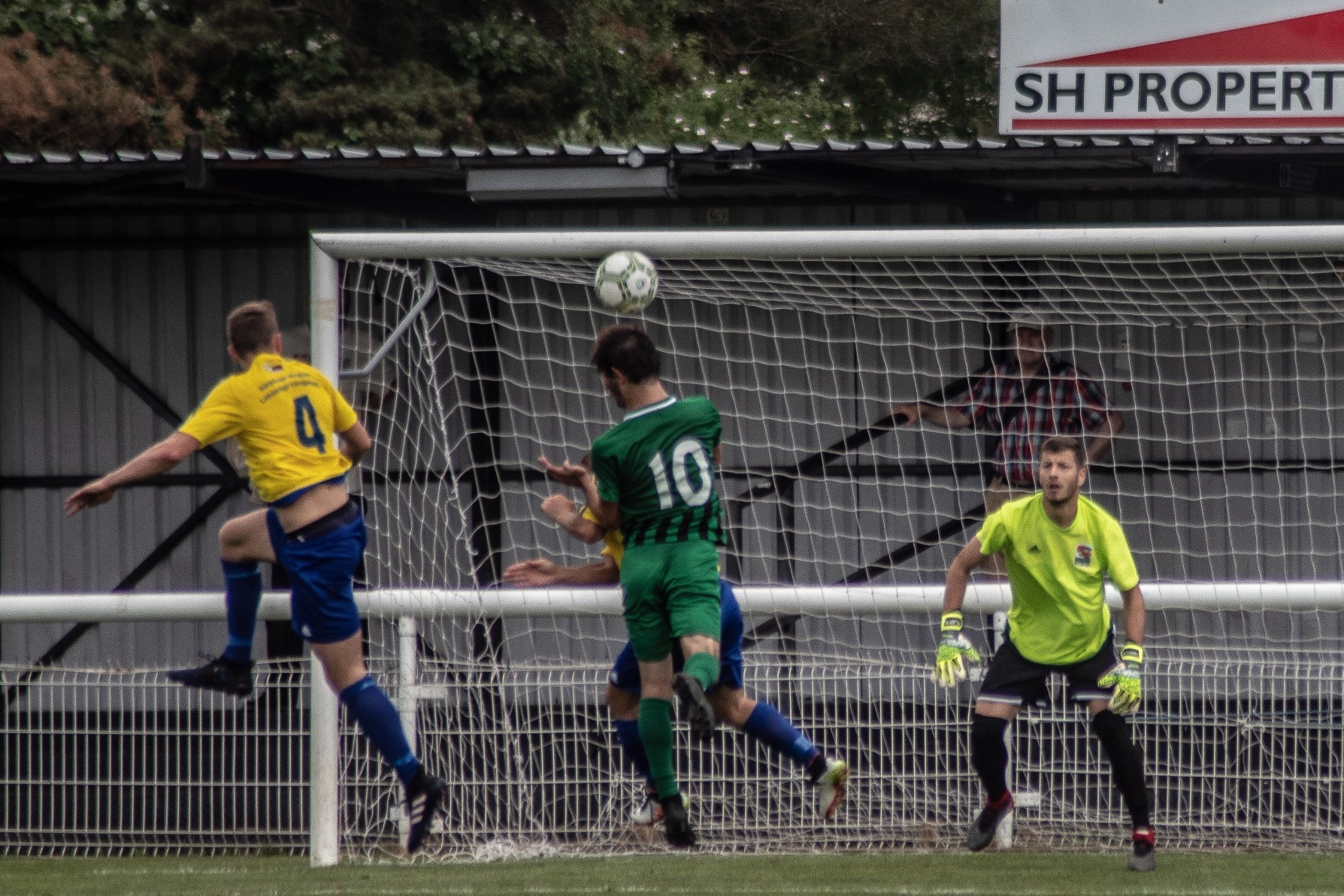
News of the FIELD study of Scottish professional footballers
#IOM50
IOM-In-The-News
IOM-Newsletter


#IOM50
IOM-In-The-News
IOM-Newsletter
The news media has been full of articles about the results from the FIELD study of the causes of death of former professional football players. The BBC highlighted the finding that “professional footballers are three and a half times more likely to die of dementia than people of the same age range in the general population”, and implied that this was as a consequence of heading the ball. The study has resulted in a rush of recommendations from various quarters, including the Scottish Football Association chief medical consultant, Dr John MacLean, urging steps to reduce “heading load on young players” and the introduction of rugby-style head injury substitutions.
IOM welcomes the publication of the results from the FIELD study, which was conducted by an experienced group of scientists from Glasgow University and Scottish clinicians working with athletes. We consider this an important step in understanding the risks experienced by footballers, but the study has a number of limitations that mean it is difficult to interpret the results in relation to heading the ball. There was no attempt to assess the extent of heading by the players or even consider the length of playing career as a crude surrogate for this. In contrast the HEADING study, which IOM is currently involved with, will make a comprehensive assessment of heading for each player throughout their career. This will allow us to assess the role of the head impacts from playing football when the study is reported towards the end of next year.
On the positive side, the results from this study show that professional footballers have lower risks of death from lung cancer and cardiovascular disease, which the authors attribute to differences in lifestyle and fitness of these men compared to the general population. This is an important finding. Overall the footballers were less likely to have died during the study period than those in the general population comparison group.
For the reasons above, IOM believes that it is premature to call for changes to the rules of the game to restrict heading, but we support calls for the authorities to consider head injury substitutions as a precautionary measure. We also agree there is a need for future prospective research studies amongst all types of elite contact sports people, both men and women, to better understand the causes of neurogenerative diseases. However, all such studies should include a well characterised assessment of exposure to sub-concussive head impacts.
We are currently recruiting former professional players for the HEADING study, which we are carrying out in collaboration with the London School of Hygiene and Tropical Medicine and Queen Mary, University of London. If you are approached by the Professional Footballers Union to take part in the study, then please respond and agree to participate.